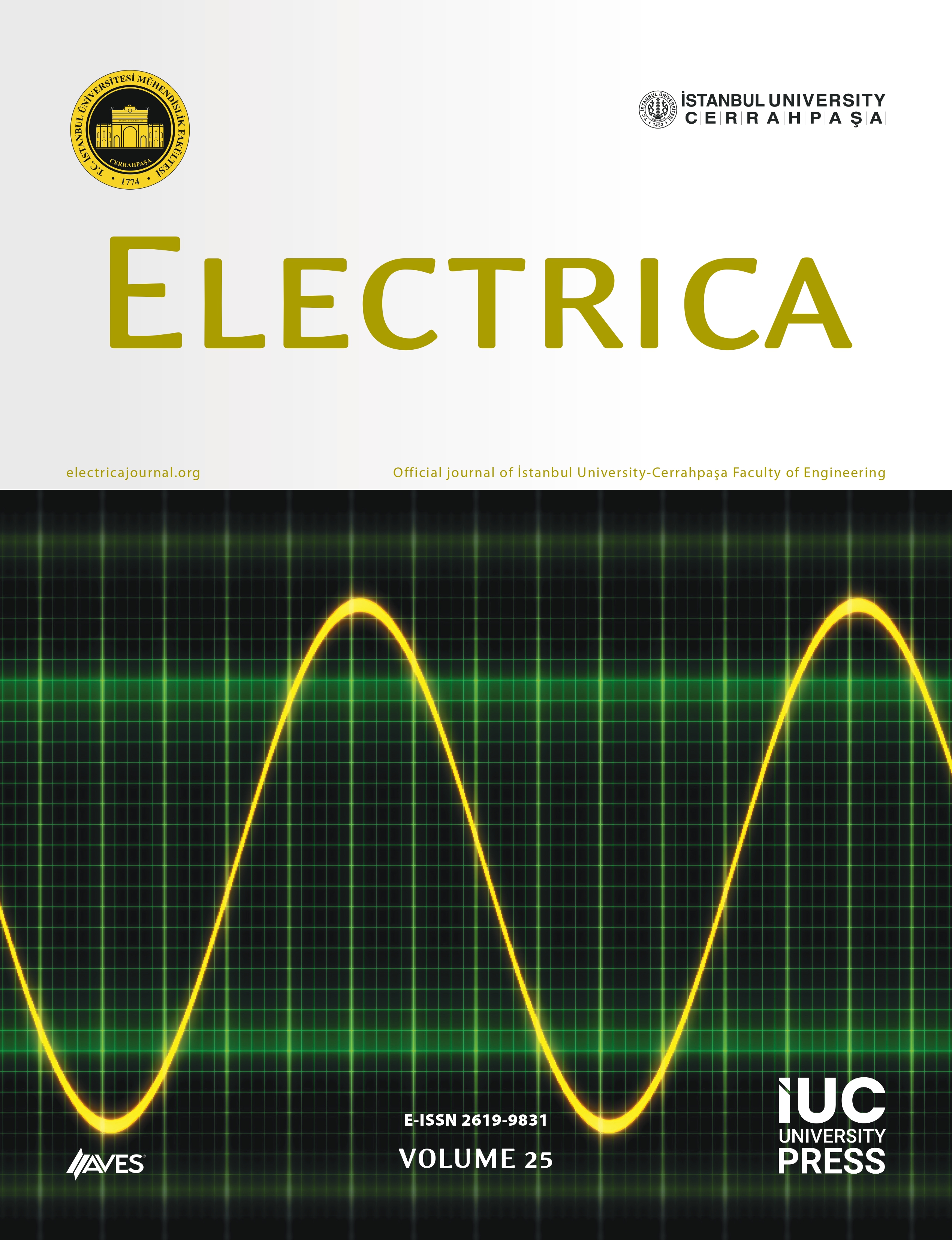Implanted hybrid three quasi Z source inverter has been designed to achieve high voltage gain for a single-stage power conversion system. The net input voltage applied to the converter is the sum of the voltages of four independent sources to which the converter is configured. It is a fact that the power from renewable energy sources will not be constant and varies. So there is uncertainty in the uniform availability of energy from renewable energy sources and the resulting voltage variations in any of the four sources affects net input voltage of the converter. A dual-loop control method has been developed to control the dc-link voltage across the converter to attain a constant ac output voltage across load terminals and meet load requirements. The controller maintains the stable operation of the converter in the absence of any of the four voltage sources. Simulation results using MATLAB software are presented for the validation of the proposed work under the conditions of input voltage variations as well as a sudden change of loads.
Cite this article as: Alla R, Chowdhury A. Performance Analysis of Implanted Hybrid Three Quasi Z source Inverter designed for Renewable Energy Conversion Applications. Electrica, 2021; 21(1): 1-9.



.png)

.png)